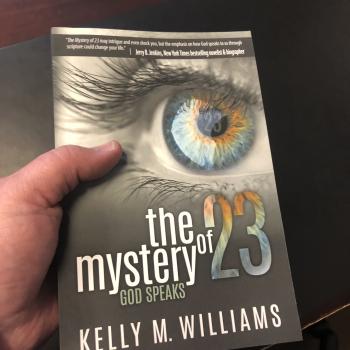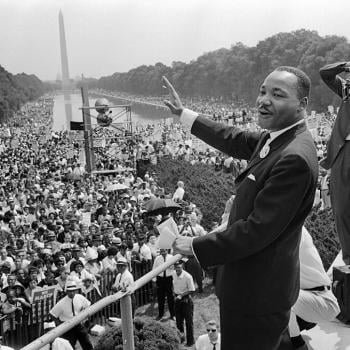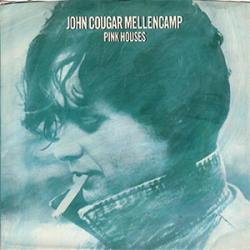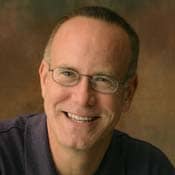This is the eleventh installment of Dr. Roberts' "Master Class for Pastors." The first parts are the Introduction, "Who Are Your Partners?" "The Impact of Thanksgiving," "How Do You Talk About Your Church?" "Understanding Your Cultural Context," "Nine Stereotypes for Pastors," "Pastoring is Always Personal," "Pastoring is Always Personal: Is This Good News or Bad News?" "The Danger of 'Clergyism'," "Are You Pure, Upright, and Blameless?"
As Paul and his colleagues write about their behavior among their Thessalonian converts, they portray themselves in a fatherly role: "As you know, we dealt with each one of you like a father with his children, urging and encouraging you and pleading that you lead a life worthy of God, who calls you into his own kingdom and glory" (1 Thess. 2:11-12).
The First Surprise: What Paul and Company Did as "Fathers"
It was common in the Greco-Roman world for popular philosophers to think of themselves as metaphorical fathers to their followers. Since actual fathers in the Roman world were responsible for the education of their children, paternal imagery was common in descriptions of the philosopher. For example, the Greek sage Epictetus, writing just a few decades after Paul, noted that the Cynic philosopher "has made all mankind his children; the men among them he has as sons, the women as daughters; in that spirit he approaches them all and cares for them all" (Diss. 3.22.81). Yet this care was must not to be confused with gentleness. Epictetus continued, "Or do you fancy that it is in the spirit of idle impertinence he reviles those he meets? It is as a father he does it, as a brother, and as a servant of Zeus, who is Father of us all" (Diss. 3.22.81-82).
Thus, one of the first surprises in the use of the paternal metaphor by Paul and his colleagues is their sense of what they did in their fatherly role. They were "urging . . . encouraging . . . pleading" (2:12). These three verbs in Greek (as participles parakalountes, paramuthoumenoi, marturomenoi) do not suggest harshness or an authoritarian attitude. Rather, they reflect a sense of urgency mixed with respect, even kindness. As pastors to their Thessalonian flock, Paul & Co. did not give orders, belittle, or dominate. They did not see their fatherly duty in terms of berating and reviling. Rather, the church planters sought to educate and inspire their followers, whom they regarded not as small children needing discipline so much as budding colleagues needing education and encouragement.
The Second Surprise: Fathers Taking a Back Seat to the Father
It is also surprising to note how Paul and his colleagues summarized the content of their urging, encouraging, and pleading. In their fatherly role, they wanted the Thessalonian believers to "lead a life worthy of God, who calls you into his own kingdom and glory" (2:12). The pastors did not call their flock to be worthy of or to imitate themselves. They did not emphasize their own authority, but rather the authority of God who alone calls people into his kingdom and glory. This is particularly striking given the fact that, in the Roman world, the father had complete authority over his children's lives. Yet Paul and his colleagues refused to portray themselves in this way because they knew that God alone was the authoritative Father of his Thessalonian children.
The picture of the pastor as a father that emerges from 1 Thessalonians 2:11-12 seems to fit well with what many of us, clergy and lay people alike, assume to be the role of the pastor in a church. Urging, encouraging, and pleading sounds a lot like preaching and teaching. Yet, we would miss two of the main surprises in this passage if we wrapped things up here.





